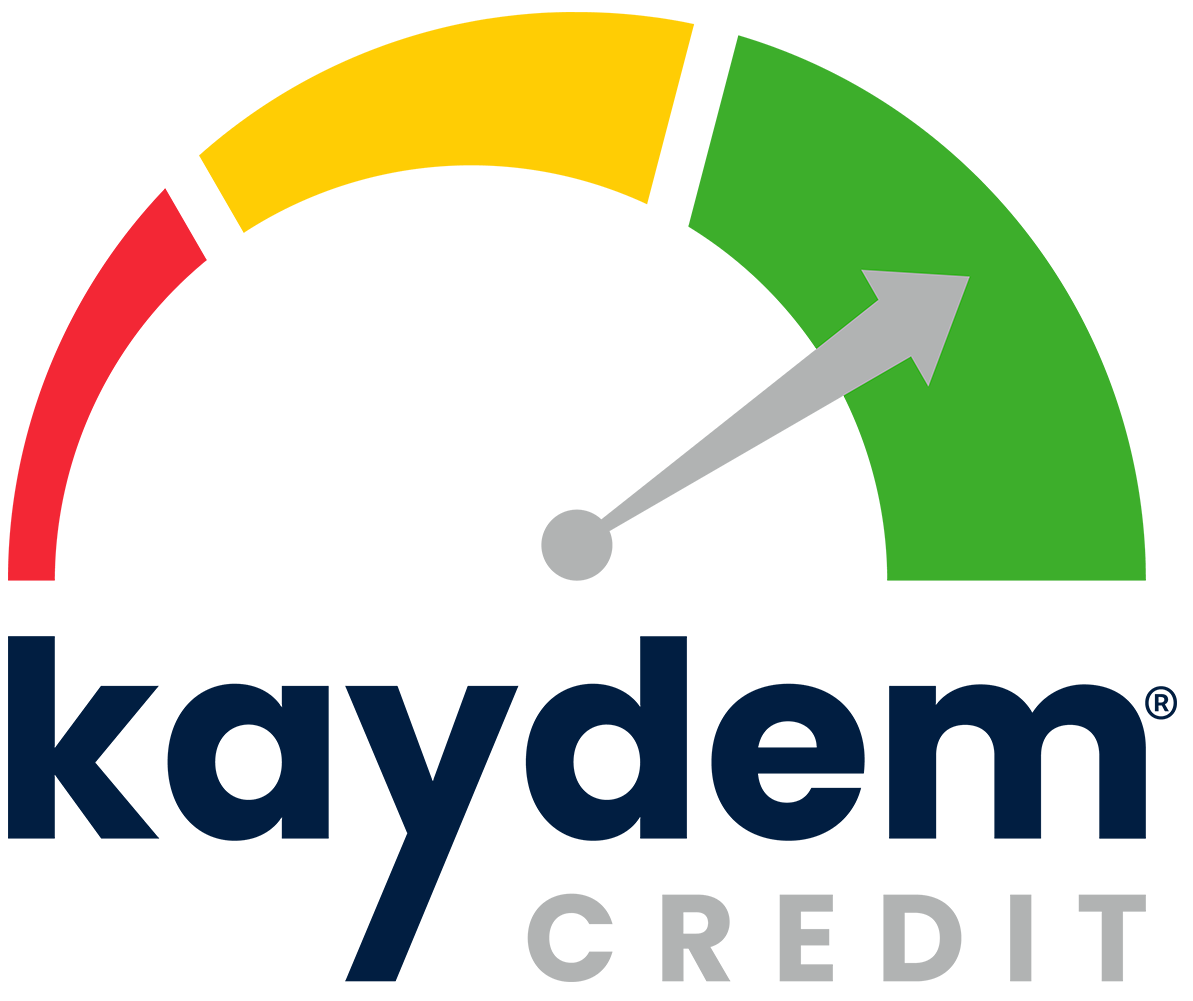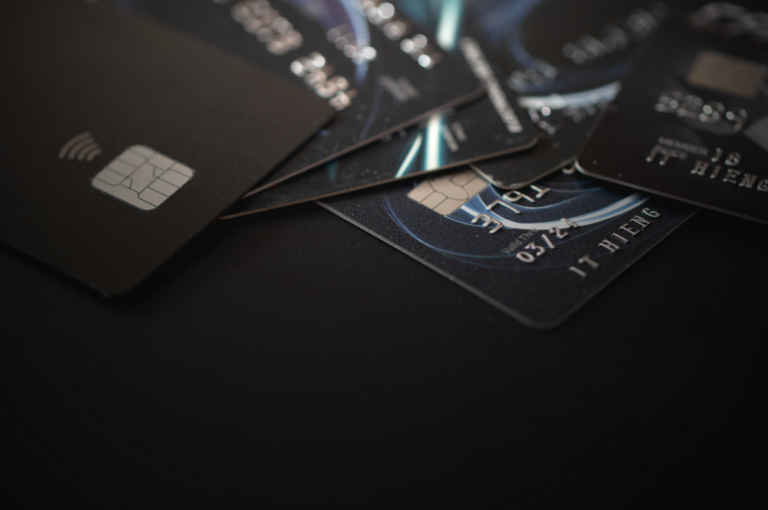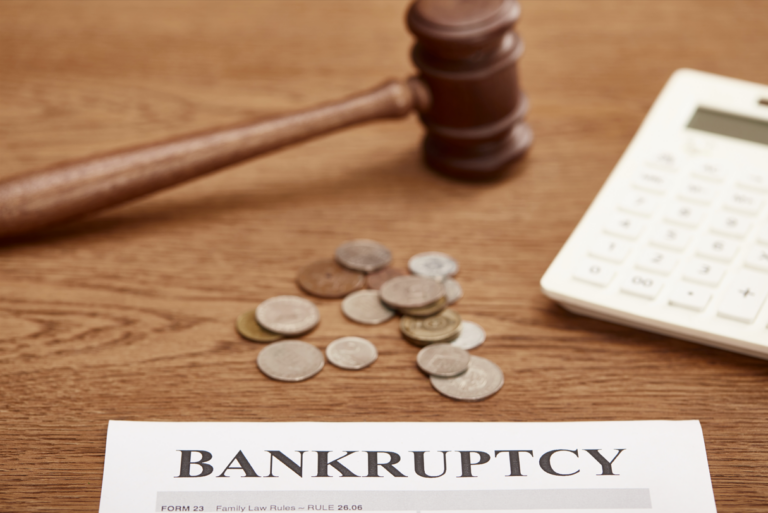Money management often surprises us with how glitches in credit card transactions appear at inconvenient times. A double charge here, an international fee there – before you realize it, you’re in a financial intrigue akin to a crime novel. Unlike the thrilling adventures on paper, real-life credit card disputes with banks often leave us with unanswered concerns and exposed wallets.
For those who have navigated the wastelands of declined credit card disputes, don’t despair. It’s not the end, but a new beginning. Here, we will guide you through the necessary steps to handle the unexpected ‘Declined’ outcome.
The Credit Card Dispute Process: Why Your Bank Might Say No
Banks are rigorous in their assessments, and when it comes to credit card disputes, the process is laden with regulatory and internal scrutiny. A bank may decline credit card disputes for a variety of reasons, including:
Instant Reactions Vs. Thoughtful Approaches
The initial reaction to a dispute decline may be frustration or bewilderment. However, a detailed understanding of the factors at play can shift your approach from an emotional response to a strategic one. Patience and preparation often win the day in these financial skirmishes.
Your Credit Card Disputes Declined—Now What?
Receiving a notification that your dispute has been declined can be disheartening, but it’s important to remember that it’s not the final word on the matter. You can still challenge this decision and push for a resolution in your favor. Here’s a step-by-step guide on how you can proceed:
Step One: Communicate Effectively
The first thing you should do is reach out to your bank immediately. Ask them to provide specific reasons for declining your dispute. This is crucial as it gives you a clear understanding of their stance and the gaps in your initial dispute that you need to address.
Good communication is key – ensure you’re respectful and professional in your approach, even if the situation is frustrating.
Step Two: Strengthen Your Position
Having understood the bank’s perspective, your next task is to fortify your position. Revisit the evidence you initially presented and see how you can make it stronger. This could involve gathering additional documents, presenting new arguments, or highlighting overlooked aspects of your case.
Remember, the devil is often in the details. A comprehensive, well-structured rebuttal that addresses all the reasons the bank provides for the decline can significantly increase your chances of success.
Step Three: Seek Allies
If you believe that the bank’s decision is unjust, don’t hesitate to seek help from external entities. Consumer protection agencies, financial ombudsmen, or even legal counsel can provide valuable assistance. They can guide you on the best way to present your case, ensure your rights are protected, and lend an added layer of credibility to your dispute. While this step may require some investment, it could prove beneficial in resolving a complex or high-stakes dispute.
Remember, persistence and thoroughness are key when it comes to successfully challenging a declined dispute. Stay organized, keep all your correspondence and documents in order, and don’t lose hope.
Preemptive Measures for the Future
Disputes can be harrowing, but they can also be avoided. Taking proactive steps to protect your finances can save you from the tumultuous dispute process. Here’s how:
Understanding Policies and Procedures
Knowledge is power, and this is particularly true when it comes to your bank’s dispute policies. Understanding these guidelines beforehand equips you with the necessary information to navigate any potential obstacles effectively. This includes understanding the timelines for filing disputes, the evidence required, and the process your bank follows in such situations. Being aware of these procedures can fortify your path forward should any disputes arise in the future.
Vigilance with Transactions
Regular monitoring of your transactions is another effective preventive measure. Be observant of any debits and credits in your account and ensure they align with your purchases, payments, and receipts.
Any questionable charges should be addressed immediately with your bank. Timely intervention can nip potential issues in the bud, preventing a minor discrepancy from snowballing into a larger ordeal.
Document Everything
For future disputes, documentation is your shield and your sword. It’s vital to keep detailed records of all your transactions, receipts, and any related communication with your bank or other parties involved. This not only strengthens your position in case of a dispute but also ensures you have all the necessary evidence at your disposal.
Maintaining thorough records can be as simple as saving email correspondences, holding onto physical receipts, or taking screenshots of transaction confirmations.
Preparation is Key
When facing a declined credit card dispute, it may seem like a lonely struggle, but it doesn’t have to be. By grasping the nuances of the dispute process, utilizing effective communication, and taking a proactive approach, cardholders can not only manage disputes more efficiently but also gain insights into financial literacy and responsibility.
If you come across another dispute, remember the steps outlined above, and don’t lose hope. With the right approach, you can navigate through any financial challenge with confidence and resilience.







